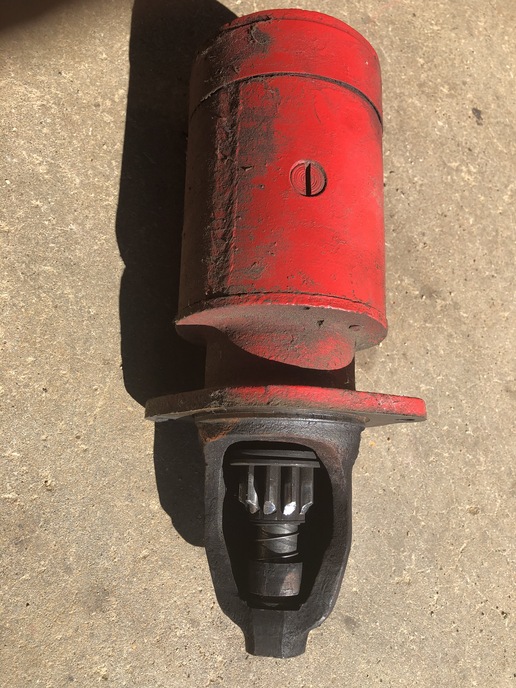rustred
Well-known Member
here is the outcome.

changed out the starter on my brothers super w6 ta today. some one really did some modifications to that tractor. not bad job really. put on p.s. with and orbit motor. removed original steering box. shortened the clutch and brake pedals, shortened the gas tank, installed ford p. s. pump. and cyl on front. and of course has an alternator. i said why they pick a TA model to spoil. plus it has a loader on it. she is for sale now.

changed out the starter on my brothers super w6 ta today. some one really did some modifications to that tractor. not bad job really. put on p.s. with and orbit motor. removed original steering box. shortened the clutch and brake pedals, shortened the gas tank, installed ford p. s. pump. and cyl on front. and of course has an alternator. i said why they pick a TA model to spoil. plus it has a loader on it. she is for sale now.

